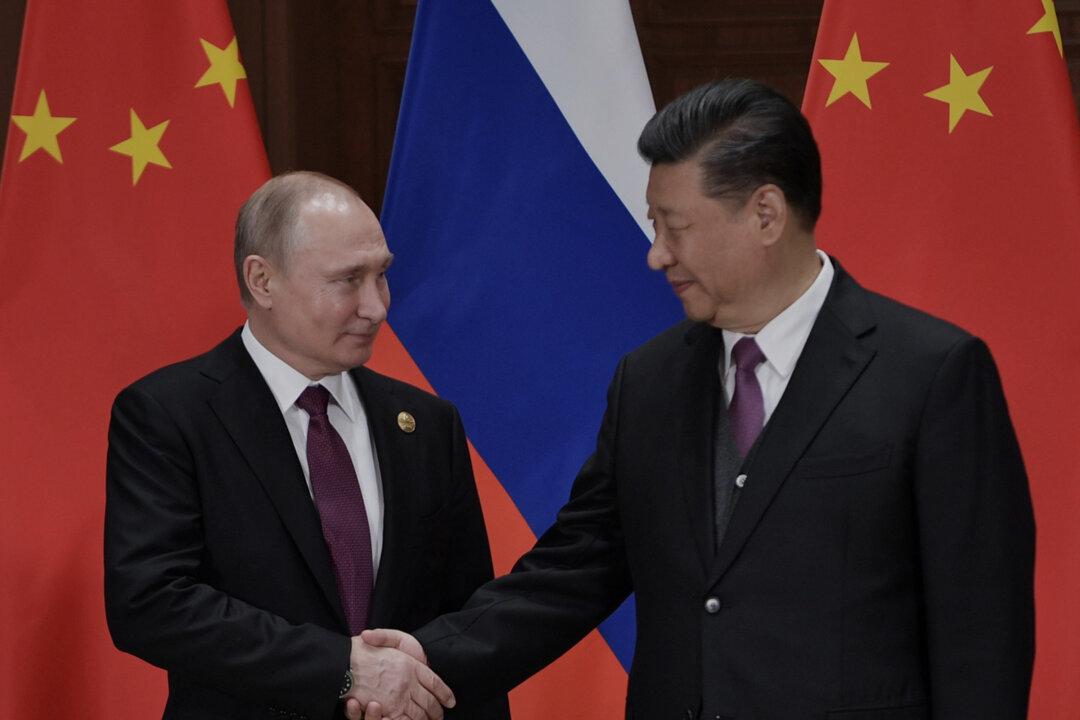U.S. State Department Ned Price on Feb. 23 criticized China and Russia for seeking to create a new “profoundly illiberal” world order, with the current Russian aggression against Ukraine being a part of that.
Price pointed to the two nations’ joint statement released earlier this month as evidence for their desire of achieving such a world order, during a regular news briefing.





